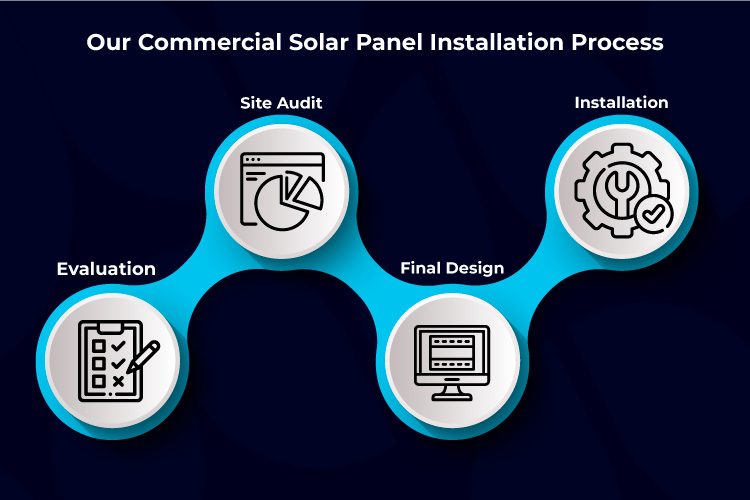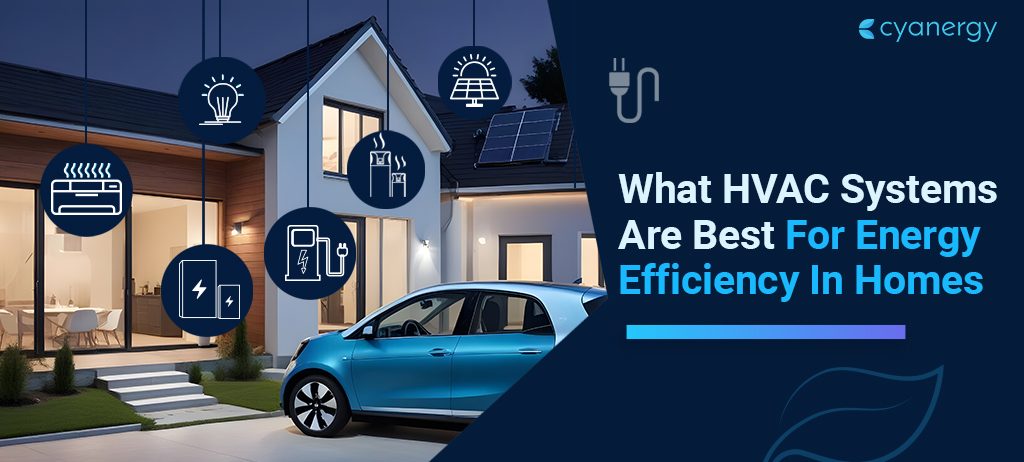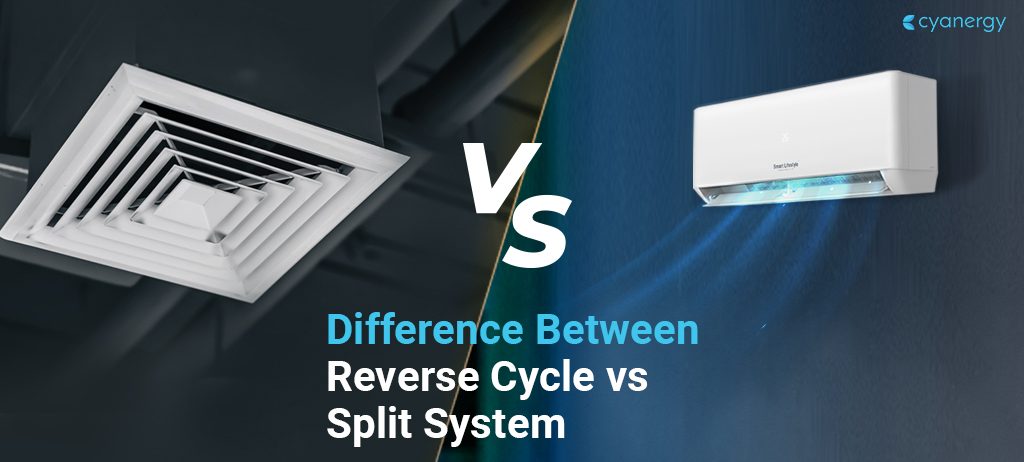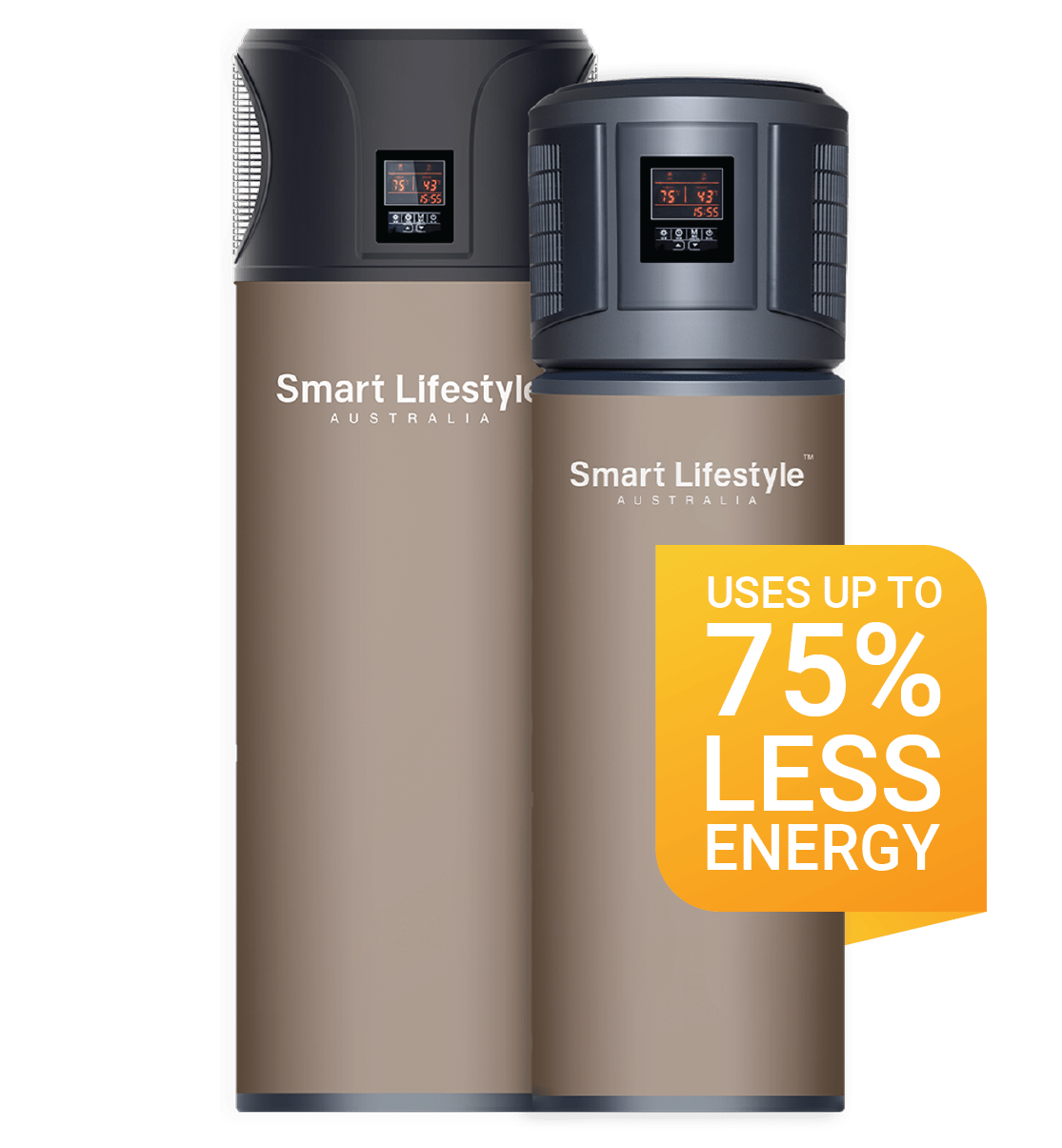Businesses are realizing the necessity of operating sustainably and lowering their carbon footprint as humanity grapples with the difficulties of climate change. In this pursuit, the adoption of commercial solar panels is becoming a popular and effective solution. Solar panels can not only reduce a business’s energy costs but also improve their brand reputation and contribute to a sustainable future. In 2023, solar panels are expected to play an even greater role in helping businesses thrive. This article will explore how commercial solar panels can benefit businesses in 2023, from saving costs to boosting the brand image and contributing to a more sustainable future.
What Tax Incentives You Can Avail as A Business by Installing Commercial Solar Panels?
There are several tax incentives as well as government rebates you can avail as a business if you have commercial solar panels installed. As the PV system help the government offset tonnes of GHG and reduce dependency on non-renewable energy sources, they offer these incentives in return. Here are some specific tax incentives explained-
Instant Asset Write-Off: The Instant Asset Write-Off scheme allows businesses to claim an immediate deduction for the cost of purchasing and installing solar panels and solar batteries.
This scheme is available for businesses with an annual turnover of up to $5 billion, and there is no cap for the cost of the asset; it can be UNLIMITED! This announcement is valid till 30th June 2023 until further notice. This means that businesses can claim an immediate deduction for the entire cost of installing a solar panel system and battery storage system.

Small-scale Renewable Energy Scheme (SRES): The SRES provides businesses with a financial incentive for installing solar panels. Under this scheme, businesses can generate Small-scale Technology Certificates (STCs) for the electricity generated by their solar panel system. These certificates can be sold to electricity retailers, who use them to meet their Renewable Energy Target (RET). The value of the certificates depends on several factors, including the size of the solar panel system and the location of the business.
Depreciation: Businesses can claim depreciation on their solar panel system as a tax deduction. The depreciation rate depends on the size of the system and the industry in which the business operates. For example, businesses in the manufacturing industry can claim a higher depreciation rate than businesses in the service industry.
Goods and Services Tax (GST): Solar panel installation and purchase costs are eligible for GST refunds for businesses. This entitles them to a credit for the GST spent on the commercial solar panel system’s purchase as well as any related expenses.
Once a structure is put in place, small-scale technology certificates (STCs) can be created. When you register or establish an STC on the REC Registry, GST is not owed. However, house owners, businesses, installers, and REC agents may be affected by deals involving the sales, purchases, and assignments of STCs.
How Does the Commercial Solar Panel Installation Process Go?
The installation process of commercial solar panels on a commercial property is straightforward and transparent with cyanergy.

Delivering a customized energy-saving system that maximizes energy generation based on the available area and satisfies the business’s energy needs is the first step in our process. Up next, in four easy steps, we execute the operation, which are –
- Evaluation – The process involves discussing goals, examining the site and electricity usage, taking into account local regulatory codes and incentives, recommending a suitable solar system, and providing a quote.
- Site Audit – To create a customized proposal, our team conducts an on-site visit to gather essential details such as roof area, sunlight exposure, electrical systems, and energy consumption. This proposal outlines precisely how much your business can expect to save on energy costs by installing a commercial solar panel system.
- Final Design – Once a site assessment is conducted, we work with you to finalize a solar panel system that meets your specific energy needs. Our team of engineers then creates a final structural and electrical layout for the system.
- Installation – Our installation team works diligently on the installation plan, ensuring that your day-to-day business operations remain undisturbed. We conduct testing on the system before it goes live, and once activated, the solar system generates energy. To maximize efficiency and ROI, we continuously monitor the post-installation performance of the system.
Here's a Case Study on Lilydale Service Group – Before and After Solar Panel Installation (By Cyanergy)
Martin from Lilydale was looking for a way out from the increasing electric prices by opting for solar. Martin turned to the expertise of the Cyanergy team. After exploring various options, he decided to invest in a 38kW solar system at the cost of 33k. This system is expected to generate an estimated 53.973MWh of energy annually and has a payback period of just 32 months.
Prior to the solar panel installation, Martin’s service group incurred an annual power cost of 14K. However, since the system’s installation, the power cost has been significantly reduced to just 4K per annum, showcasing the immediate and long-term financial benefits of investing in solar energy.
In short –
- Monthly savings – $887.50
- System size – 38.15kW
- Annual generation – 53.973 MWh
- Payback period – 32 months
PLEASE EMBED THIS VIDEO HERE – Lilydale Service Group
Adds an Incredible Positive Push on Your Brand Image
Installing solar panels can have a significant positive impact on your business’s brand image. Investing in solar energy sends a message to your customers, employees, and stakeholders that you care about the environment and are committed to sustainability. This can enhance your reputation as a socially responsible business and attract customers and investors who are interested in working with environmentally conscious companies.
Additionally, solar panels can help you save money on energy bills, which can free up funds for other areas of your business. This can demonstrate financial responsibility and make your business more appealing to investors. Furthermore, installing solar panels can generate positive media coverage, which can increase your brand recognition and help you reach a wider audience.
Investing in solar energy can improve your business’s image, save money, and attract new customers and investors.
A Positive Impact in Offsetting GHG Emission and Fight Climate Change
Installing solar panels effectively offset greenhouse gas (GHG) emissions and combat climate change. By generating clean energy without emitting pollutants or GHGs, solar panels can significantly reduce a business’s carbon footprint.
This reduction in greenhouse gas emissions can help mitigate the impacts of climate change. Also, solar panels are a renewable energy source that does not deplete natural resources, contributing to the production of clean, sustainable energy.
By installing solar panels, a business can also inspire others to take similar steps in reducing their carbon footprint and transitioning to renewable energy sources. Largely, installing solar panels is a positive step towards mitigating the impacts of climate change and creating a more sustainable future.

By 2023, it will be obvious that solar panels provide advantages that go well beyond merely lowering energy prices. Additionally, companies may continue to run even in the event of a power outage or grid disruption thanks to solar panels, which provide a dependable and sustainable energy source. It is obvious that solar panels will continue to play a crucial role in assisting businesses to prosper as we move toward a more environmentally friendly future.
Be a part of that change TODAY. Click here to join the green movement.







